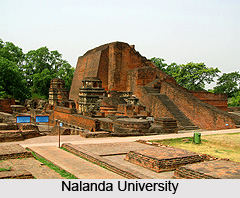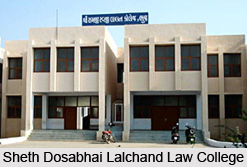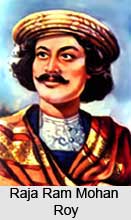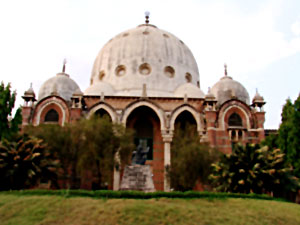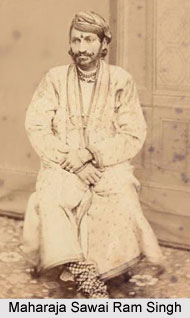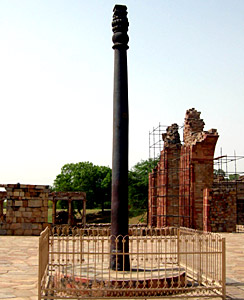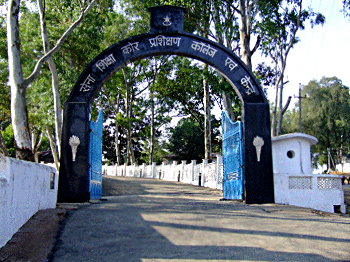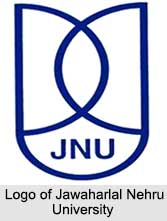 Jawaharlal Nehru University (JNU) is the leading university in India which is ranked number one in India by the National Assessment and Accreditation Council (NAAC). It was named after India`s first Prime Minister Jawaharlal Nehru. JNU brought leading edge disciplines and newer views for old disciplines to the Indian university system.
Jawaharlal Nehru University (JNU) is the leading university in India which is ranked number one in India by the National Assessment and Accreditation Council (NAAC). It was named after India`s first Prime Minister Jawaharlal Nehru. JNU brought leading edge disciplines and newer views for old disciplines to the Indian university system.
Location of Jawaharlal Nehru University
The JNU old campus is situated at the opposite side of the Ber Sarai market and beside Indian Institutes of Technology Delhi. This public central university is located in New Delhi.
History of Jawaharlal Nehru University
Jawaharlal Nehru University was established by an act of Parliament in 1969. Three years after its establishment by the Indian Parliament, it brought cutting edge disciplines and new angles for the old disciplines of Indian university arrangement. JNU was the first to present the courses in foreign languages in an integrated five year Master"s level. G. Parthsarthi was the first vice-chancellor. Professor Moonis Raza was the Founder Chairman of JNU.
The bill for the establishment of Jawaharlal Nehru University was placed in "Rajya Sabha" on September 1, 1965 by the then minister of education, M. C. Chagla. The JNU Bill was passed in "Lok Sabha" on 16th November 1966 and the JNU Act came into force on 22nd April 1969.
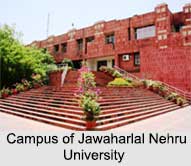 Courses of Jawaharlal Nehru University
Courses of Jawaharlal Nehru University
Jawaharlal Nehru University is offering many academic courses. Following are the different academic courses offering by JNU:
School of International Studies
•Master of Arts in Politics (with specialization in International Studies)
•Master of Arts in Economics (with Specialization in World Economy)
School of Language, Literature and Culture Studies
Master of Arts in Arabic, Chinese, French, German, Japanese, Hindi, Korean, Persian, Russian, Spanish and Urdu languages.
School of Social Sciences
Master of Arts in Economics, Geography, History, Political Science, Sociology, Philosophy and Development and Labour Studies.
School of Life Sciences
Master of Science in Life Sciences.
School of Environmental Sciences
Master of Science in Environmental Sciences
School of Computer and System Sciences
Masters in Computer Applications
School of Physical Sciences
Master of Science in Physics
School of Computational and Integrative Sciences
Integrated Master of Science - Doctor of Philosophy (Ph.D)
School of Arts and Aesthetics
Masters in Arts and Aesthetics
Centre for Sanskrit Studies
Masters in Sanskrit
Centre for Molecular Medicine
Integrated Master of Science - Doctor of Philosophy (Ph.D)
School of Biotechnology
Master of Science in Biotechnology
•Centre for the Study of Law and Governance (CLG)
•Centre for Nano Sciences (CNS)
•Centre for Disaster Reserach (SCDR)
Awards of Jawaharlal Nehru University
Jawaharlal Nehru University was awarded with the "Visitor`s Award" for "Best University" in 2017 by the President of India.
